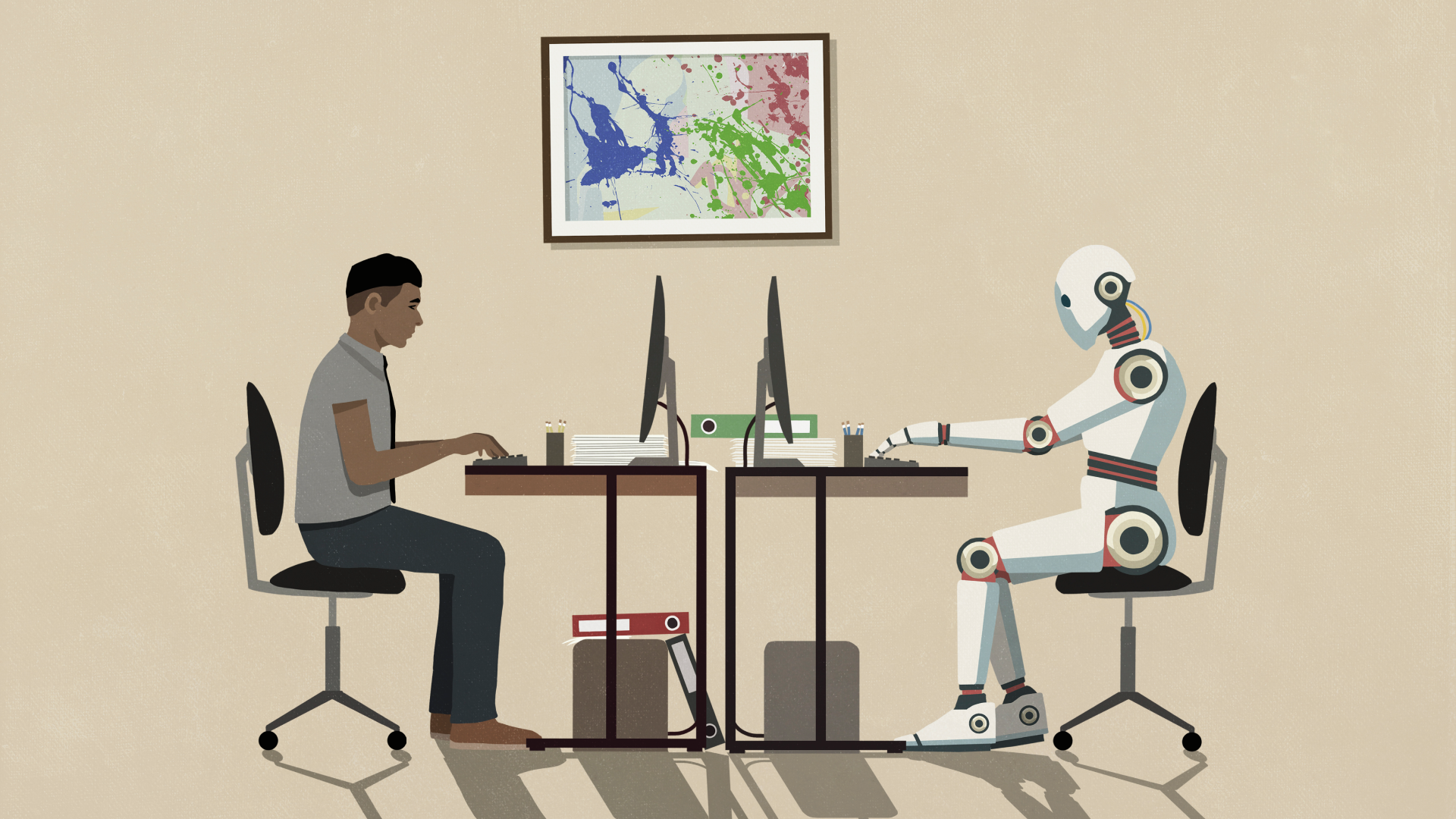AI note-taking startup Fireflies received a $1 billion valuation earlier this year, after the launch of its "Talk to Fireflies" AI meeting companion app. It's an impressive feat for a company started by "two broke guys"—especially as one of its co-founders recently revealed that its AI transcription service was originally powered by both founders typing the notes out by hand.
"We charged $100 a month for an AI that was really just two guys surviving on pizza," Firefly co-founder Sam Udotong proudly declared in a LinkedIn post earlier this week (via Futurism).

Or, y'know, provide the AI service they promised their clients they would receive. And while it's tempting to cheer on the success of two young hopefuls doing their darndest to take the principle of "fake it 'til you make it" to the extreme, a scroll through the comments reveals the potential pitfalls of declaring such a scheme.
"Sitting in someone's meeting uninvited is violation of privacy. They wanted a bot in the meeting, not an uninvited person," said automation expert Umar Aftab. "This way you sabotage trust and could incur legal implications."
"Good luck with all the lawsuits," added another. "This might read like a gritty founder hustle story," said software engineer Mauricio Idarraga. "But it's actually one of the most reckless and tone-deaf posts I've seen in a while."
As Udotong's post is now beginning to be widely reported across the interwebs, I can't imagine it'll be long before one of Fireflies' original customers reads about their now-public hoodwinking, and I doubt they'll be particularly pleased. However, some LinkedIn commenters seem to see very little wrong with Fireflies' dubious early business practices.
"Super inspirational story," says another co-founder and CEO. "Haters will always hate. And most others won't understand what it takes to build from 0-1 while trying to survive as humans. In the end, your grit paid off immensely—and you have changed the world."
Hmm, I'm not so sure about that one. Still, it's certainly got people talking, at the very least. Is there really no such thing as bad publicity? I guess we'll just have to wait and see.